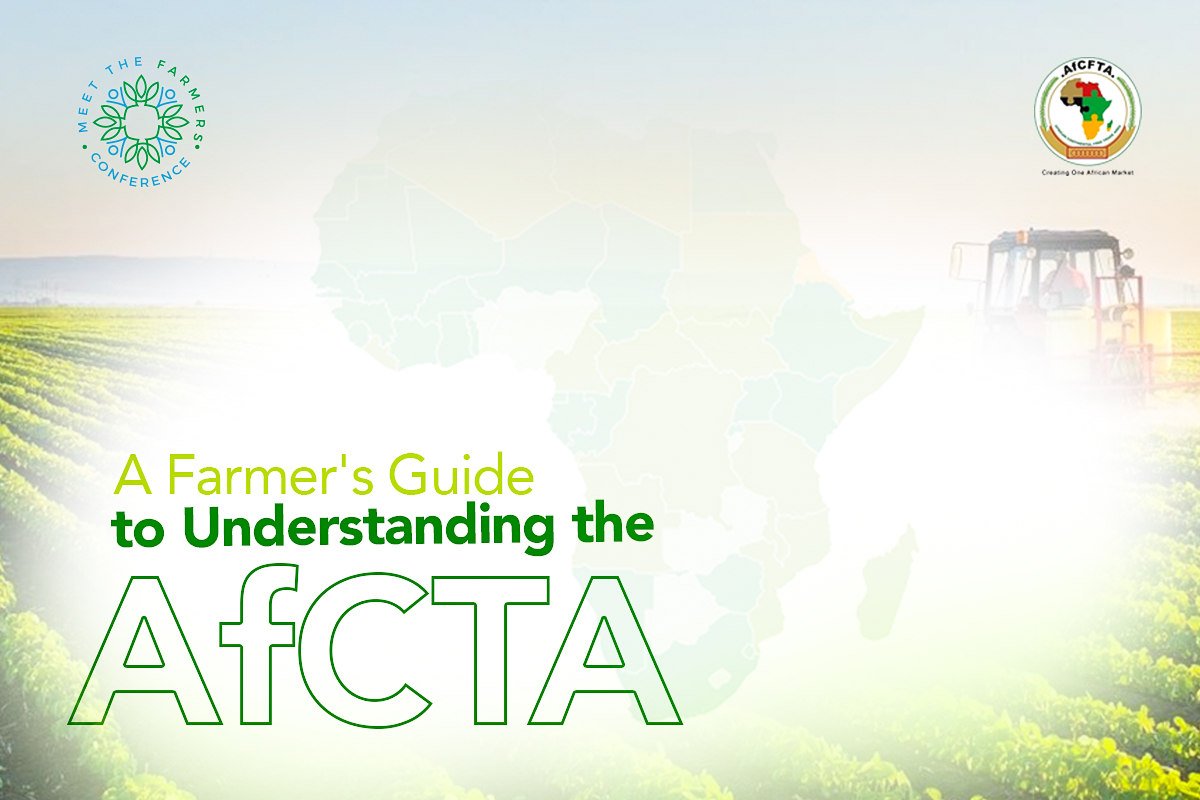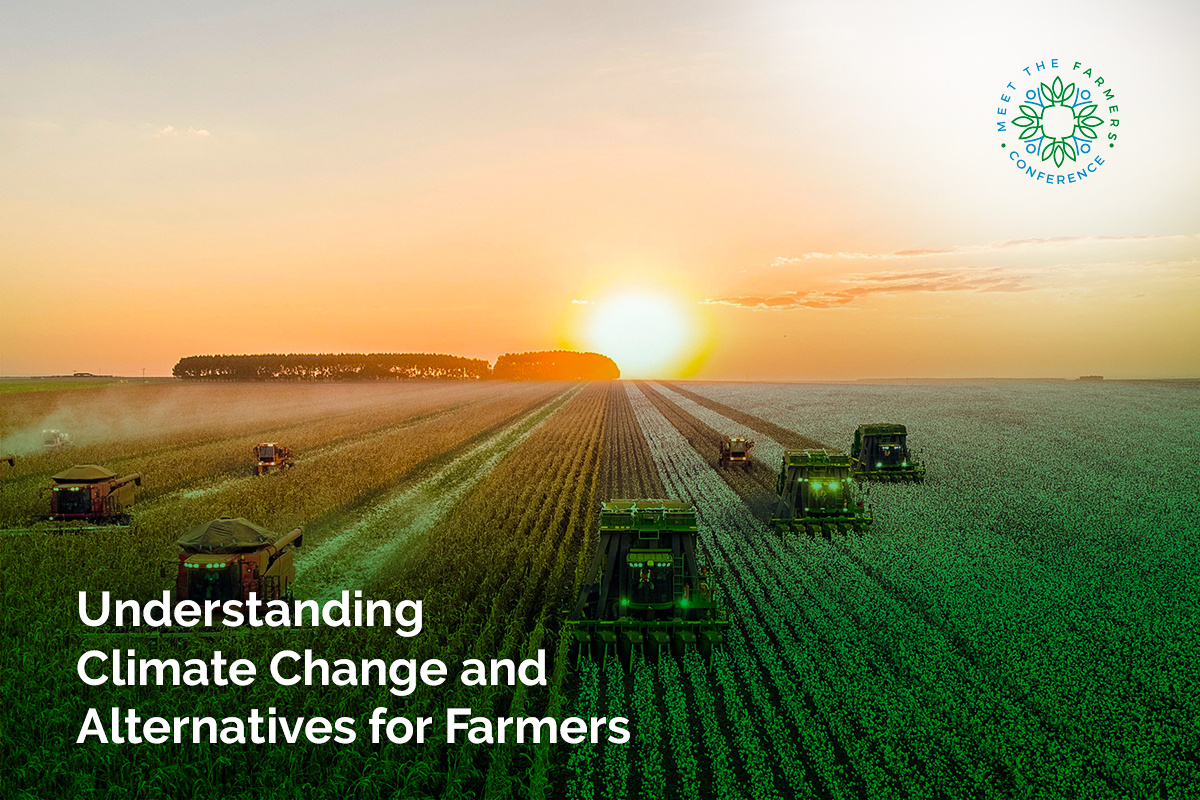A Farmer’s Guide to Understanding the AfCFTA

The African Continental Free Trade Agreement (AfCFTA) was duly signed and ratified when 54 countries submitted their instruments of ratification on 30th May 2019, in Niamey, Niger. It promised to boost trade among African countries and eliminate all tariffs and barriers to intra-continental trade relationships.
Although the African Union agreed to implement it by July 1st, 2019, it has been postponed and further delayed by the COVID-19 global pandemic. Whenever implemented, AfCFTA could generate up to $35 billion per annum, cut importation by $10 billion, and increase the combined GDP of the countries to more than $2.5 trillion.
Also, it will ease the movement of people, goods, and services. It will create employment opportunities and become the largest free-trade zone in the world. It will also attract direct foreign investments to every country and quicken the industrialization of the continent.
AfCFTA holds a lot of promises for the agricultural, manufacturing, transportation, and other sectors that are directly or indirectly involved in the trade of goods within the continent. For this study, we will focus on helping farmers to understand the impact of AfCFTA on the agricultural sector.
Africa has the potential to become a major food producer and supplier for the rest of the world. For maximum productivity, the countries have to deepen integration and prepare common markets for intra-continental trade. The farmers need to put over 600 hectares of uncultivated arable lands into good use for large scale commercial farming. They need to replace outdated farming tools with modern technologies and techniques. And most importantly, agricultural policies must focus on the majority group of smallholder farmers.
These will not only increase food production but create jobs and reduce poverty for farmers who rely on agriculture as the only means of livelihood. In essence, AfCFTA will help ensure that the continent can feed its rapidly growing populations. It will foster macroeconomic convergence, economic integration, and decrease inequalities between wealthy and deprived economic regions.
The African Continental Free Trade Agreement will help ensure the redistribution of agricultural produce from surplus to deficit regions. The governments will have to invest in infrastructural development to help farmers to access markets, storage facilities, drought-resistant seed, and invest in all aspects of the agricultural value chain. Governments also have to invest in research and development programs to help smallholder farmers understand modern techniques and technologies.
Implementing the AfCFTA will have farmers focus their energy on quality over quantity of yield. It will stir the need for basic infrastructure and facilities to ensure maximum productivity. In general, it will have multiplier effects in improving continental food security and sustainability from a trade perspective. Especially now when the continent is grappling to sustain production capacity due to environmental and political challenges.
Written by Joy Ejere Uche







